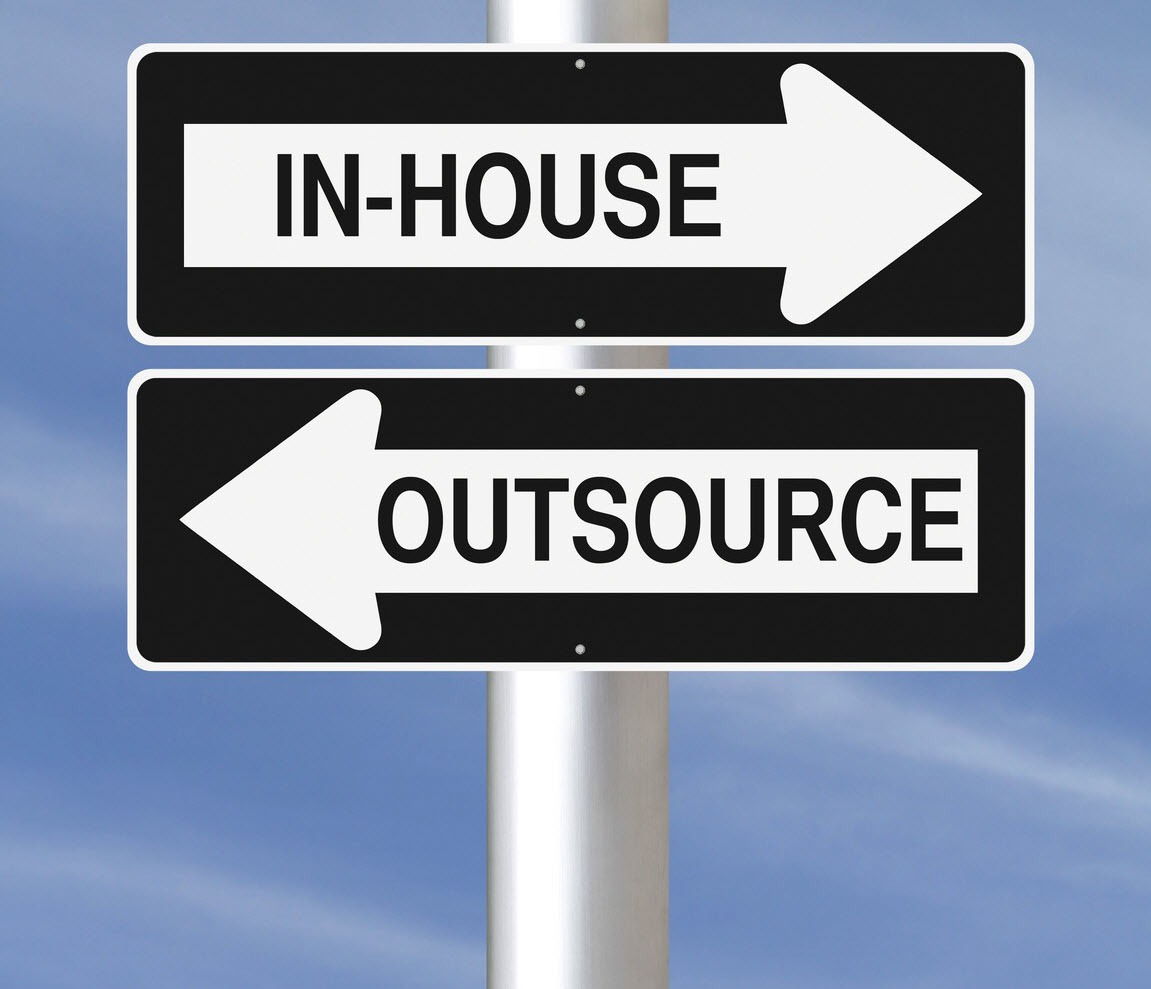
It’s obvious that everything has its own pros and cons!
And so, is the case with medical billing!
When it comes down to efficiently running medical operations, you have got two options under the hood- either outsource to a medical billing company or do it In-House.
The right solution varies from practice to practice depending on a variety of factors such as the age of the firm, the size of the local labor market, and the status of the practice’s finances, among others.
Managing medical billing in-house can be intimidating, overwhelming, and financially draining. Finally, learning how to charge and code for medical purposes is a difficult skill that many medical practices lack.
This is where the post has come with pros and cons of In-house vs. Outsourced medical billing.
Let’s discuss both!
Pros and Cons of In-House Medical Billing
Depending on your medical practice, either in-house or outsourced medical billing may have advantages. Let’s look at some of the most widely cited advantages and disadvantages of each.
In-House Medical Billing
Pros:
- More control over the billing process: You have direct control and oversight over financial procedures when medical billing is done in-house. You can just go down the hall and ask questions of your employees, who will respond in real-time. Any billing adjustments you make will be executed immediately. Keeping track of your finances in person might help you be more accountable and transparent.
- Monitoring and Controlling Abilities: In-house billing allows you to have complete control over your financial transactions. You can ask the staff direct questions about any subject and receive immediate responses. The billing procedure can be changed. Staff accountability and openness are aided by working in-house.
- Confidentiality of Patients-– In-house billing allows for greater control over patient records, which is critical for maintaining patient confidentiality. If the confidentiality of the information is not preserved, the patient may be hesitant to share additional information, and the patient-physician bond may be weakened.
Cons:
- Costs are Rising– Software costs, staff training costs for any technology, regulations, employee salaries and benefits, computers and any hardware, and other office equipment extras
- Support Issues: Hiring a large number of billers as in-house personnel might be costly. When a member of a team goes on leave, however, an understaffed team might cause problems. Furthermore, in-house billing employees may be unaware of the most recent software and its payroll benefits.
- Development & Training– Staff must be trained regularly to keep them up to date on any regulatory changes, technological changes, software upgrades, and so on.
Pros of Outsourced Medical Billing
- Less Expensive: Billing in-house necessitates office space, technical support, and a dedicated team. Outsourced medical billing, on the other hand, will work in a different environment, with their technological assistance. As a result, it won’t break your bank.
- Productivity: Many medical practice owners simply do not have the time to hire, train, and manage administrative staff. They’re already overworked taking care of their patients and completing other administrative responsibilities. Patients, on the other hand, expect their doctor’s entire attention.
- Keeping records is easier: When billing is outsourced, they keep insurance claim e-reports on a weekly, monthly, and annual basis. This frequent update ensures accurate billing and documentation.
Cons of Outsourced Medical Billing
- Fluctuating Prices: The majority of billing organizations take a portion of the revenue they collect, so the more money your clinic produces, the more money you’ll have to pay. This makes forecasting billing expenses difficult, especially given the substantial differences in busy and slack months.
- Limits access to data: It’s possible that you don’t have access to all of your patient collections or the opportunity to see billing reports. These files aren’t usually accessible electronically. The practice may not have a billing contract in place with the company that specifies the billing services they will deliver.
- Inappropriate and non-compliant security protocol: Outsourcing your medical bills could put you at risk of a HIPAA privacy and security breach. Although HIPAA privacy and security issues can occur with in-house billing, they can be significantly more dangerous when medical billing is outsourced. Unauthorized disclosure of PHI, whether deliberate or unintentional, violates HIPAA security guidelines. The risk of a data breach rises as patients’ data becomes more accessible.
Final Thoughts
Many medical offices are now outsourcing their medical billing needs, as previously indicated. Why? The short answer is that third-party medical billing organizations are created to help your medical practice generate more cash. Consider them to be your legal counsel.
If you are currently thinking about outsourcing your medical billing, Medphine is here to assist you!
We provide end-to-end revenue cycle management services, from the front desk to the back office. Let’s schedule a time for you to speak with one of our billing experts to learn more about how our company can assist you with your billing issues.
To know more, simply visit https://www.medphine.com/ today!



